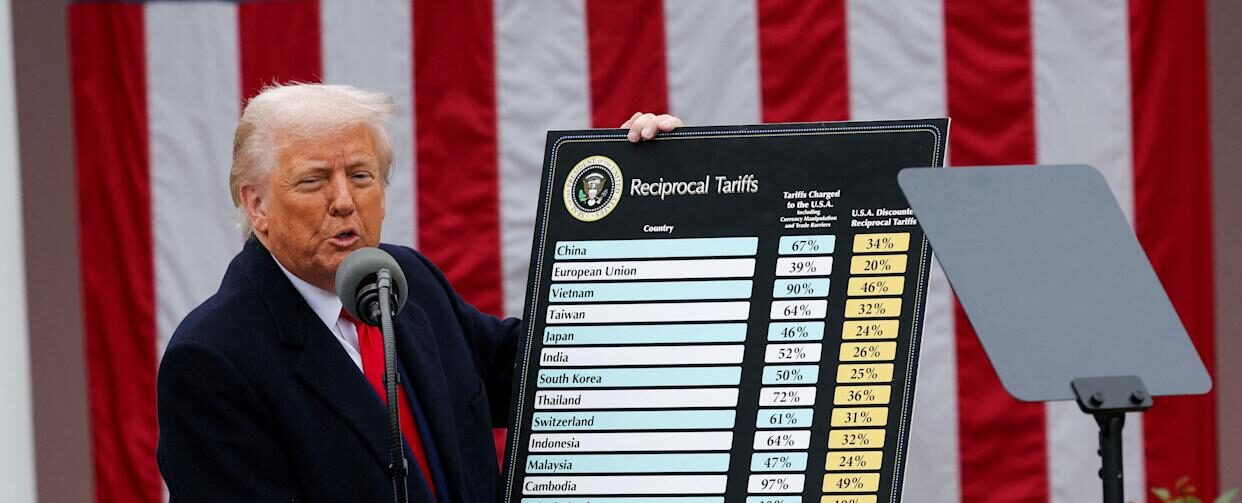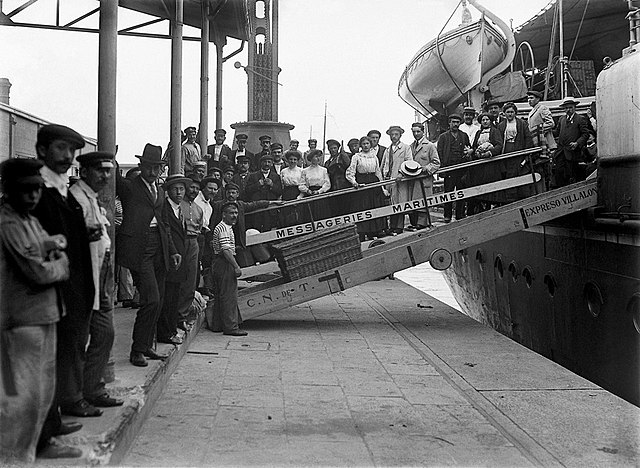When the Royal Mail was privatised in 2013, the model that was chosen was in common with previous privatisations: moving a monopoly into the private sector, at the same time as leaving elements of the monopoly firmly in place.
The company was left with an ongoing requirement to collect and deliver throughout the UK six days a week, and the government set regulations to ensure it did so. In addition, it was decided that competitors wishing to provide an alternative letter-delivery service would have to apply for a licence. And the regulator was also given the power to control prices and access to the Royal Mail network.
In the years that have followed, letter volumes have fallen dramatically, which was a trend that was already underway prior to privatisation. Growth in the use of emails, initiatives like online bill payments, and new regulations such as GDPR are major factors in this. Indeed, we are already at a point where very few residential addresses receive mail every day of the week. At the same time, the market in parcels has grown – but in this area, competition is open and fierce.
Yet, still led largely by a senior management team that’s used to operating in the public sector, Royal Mail has been pretty poor at adapting to the new situation. They lost an important Amazon contract when the logistics giant opted to set up its own home delivery service. Amazon also provides services Royal Mail doesn’t, such as automatic redelivery if the customer is out and Sunday delivery.
The company says that it wants to transform itself into a parcels company that also delivers letters. So now would be a good time to let them do that in a genuinely free market.
Creating a free market in post and parcels would be assisted by an immediate reduction in the universal service obligation from six days to five, with a phased reduction over a period of time leading to its eventual abolition with premium services. In other words, special delivery being made available seven days a week. This would mirror the steps taken by the Dutch postal operator, which chose this route as a result of a similar drop in letter volumes.
The government should also ensure there is complete freedom for any potential competitors who want to enter the letter-delivery field, removing the need to obtain permission from a regulator. This would be good news for customers because it would drive up quality by forcing Royal Mail to compete on a level playing field instead of enjoying a monopoly. Competitors would give consumers more choice, bring prices down, and also force Royal Mail to focus on improving its quality of service.
The company should also have the freedom to fix its own prices for all products, including first and second-class mail. Combined with the above measure, this would remove the government from its role of controlling prices in this part of the private sector. Not only would this reduce prices, but it would also lead to a more simplified pricing set-up, perhaps merging the first and second-class classifications.
Customers who are looking to post in-bulk should also be able to access the postal network at individual delivery offices instead of being restricted to its 38 mail centres. The current restriction is effectively a restraint of trade and there is simply no reason for its existence, apart from the regulator’s misguided desire to protect Royal Mail.
Free markets are good news for consumers. In the area of parcels, a free market already exists, and competition has forced Royal Mail to adapt – something they haven’t done with letters. And in the face of those calling for the revival of nationalisation, there’s never been a better time to liberate the UK’s postal industry and show the benefits of the free market.















